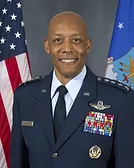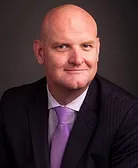Security Leadership and Management
Education & Training
Data Privacy Law and Intellectual Property Considerations for Biometric-Based AI Innovations
June 12, 2020
Sign-up to receive top management & result-driven techniques in the industry.
Join over 20,000+ industry leaders who receive our premium content.
SIGN UP TODAY!Copyright ©2026. All Rights Reserved BNP Media.
Design, CMS, Hosting & Web Development :: ePublishing












